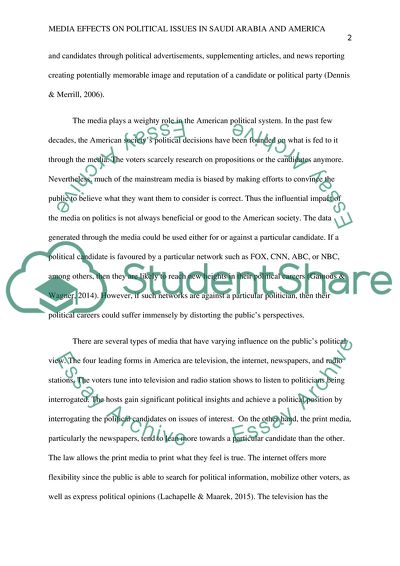Cite this document
(Media Effects on Political Issues in Saudi Arabia and America Term Paper, n.d.)
Media Effects on Political Issues in Saudi Arabia and America Term Paper. Retrieved from https://studentshare.org/media/2088285-any-topic-writers-choice
Media Effects on Political Issues in Saudi Arabia and America Term Paper. Retrieved from https://studentshare.org/media/2088285-any-topic-writers-choice
(Media Effects on Political Issues in Saudi Arabia and America Term Paper)
Media Effects on Political Issues in Saudi Arabia and America Term Paper. https://studentshare.org/media/2088285-any-topic-writers-choice.
Media Effects on Political Issues in Saudi Arabia and America Term Paper. https://studentshare.org/media/2088285-any-topic-writers-choice.
“Media Effects on Political Issues in Saudi Arabia and America Term Paper”. https://studentshare.org/media/2088285-any-topic-writers-choice.


